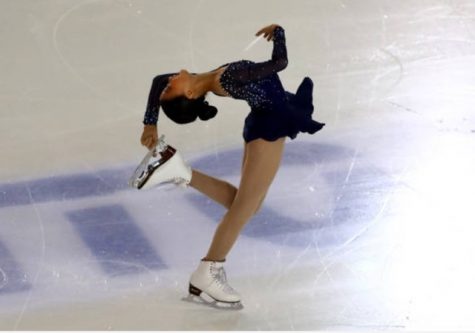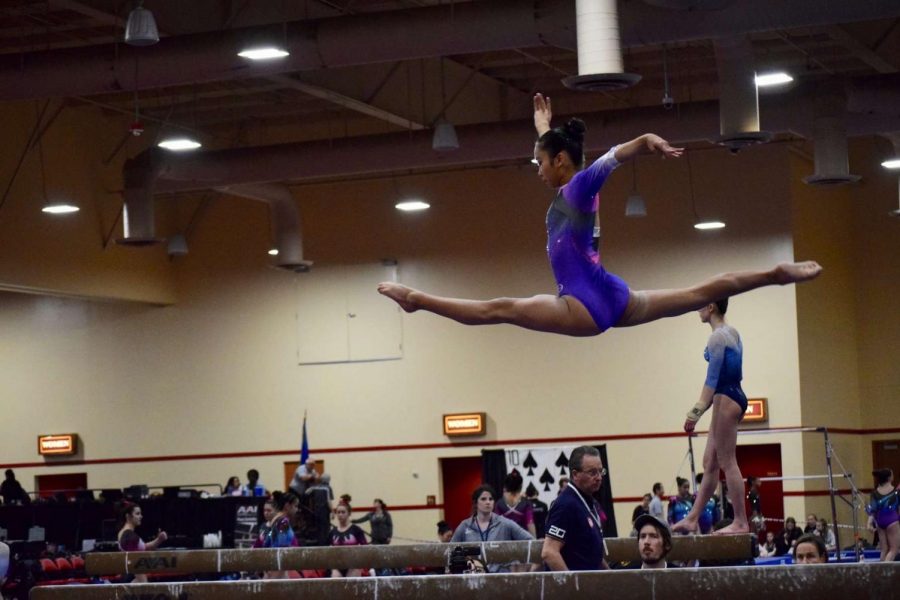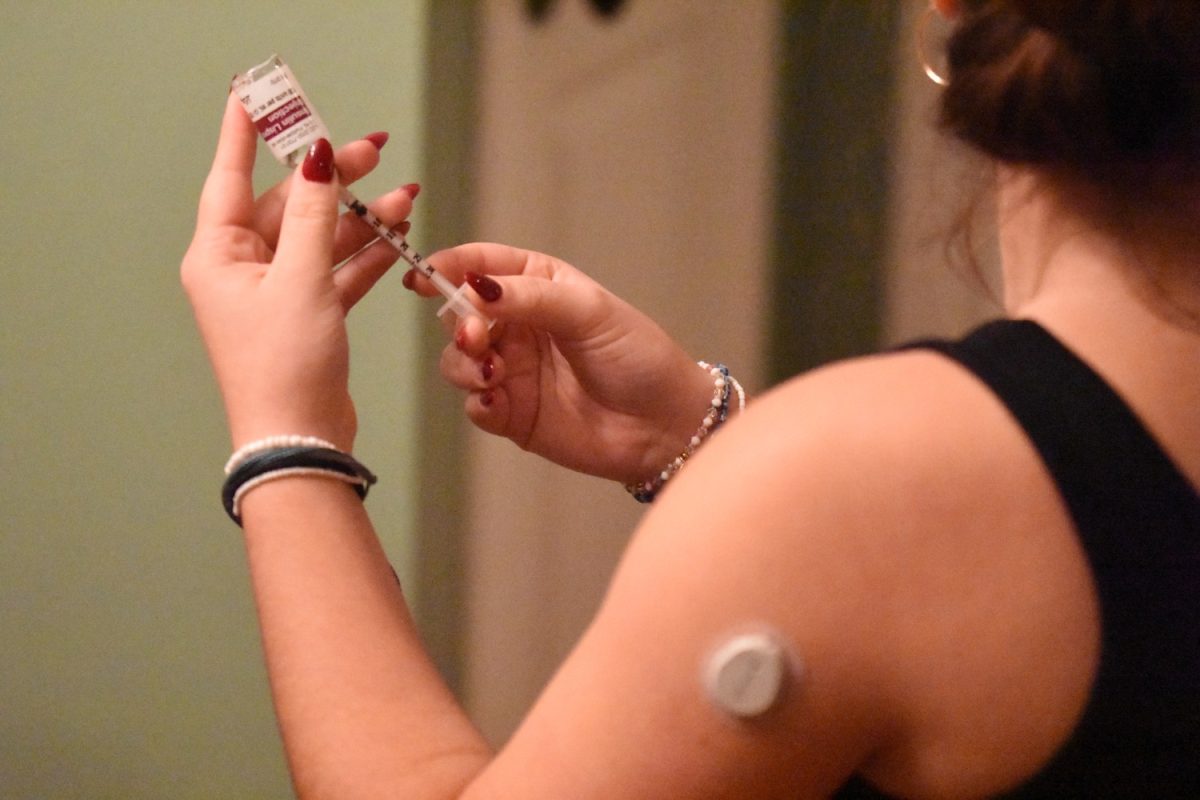Around 49% of D1 athletes develop body image issues.
But, that is only the reported amount.
Many athletes with eating disorders fly under the radar, and the disorder is often left untreated. Furthermore, a study by ScienceNordic concluded that female athletes have a higher risk of eating disorders due to their attention to weight and body image.
On the other side, one to two percent of the general male population will develop a binge eating disorder, according to Walden Behavioral Care. This percentage is even larger for male athletes who play heavy contact sports like football or wrestling. They might feel like they have to move up a weight class or feel pressured by their coaches and peers.
“Most people assume that it’s something that mainly affects female athletes, but actually there’s a lot of evidence that male athletes have body image issues too,” psychologist Frances Thompson said.
Thompson is a former athlete turned adolescent psychologist, and she says that it’s all situational when it comes to body image. For example, sports’ competitive nature, having to move up a weight class, or the pressure from coaches and peers perpetuate a sometimes unhealthy environment.
Additionally, many male athletes have untreated eating disorders because it is not viewed in as much of a negative light as female athletes with eating disorders.
.
But issues like these don’t just come out of the blue; athletes who have played a sport for a large portion of their lives tend to be more likely to have body image issues.
In a study of youth athletes’ mental health by Melissa S. Xanthopoulos, she concluded that a case could be made for sports harming their mental health. Xanthopoulos argues that this is because of the anxiety that comes with growing up and the social pressures prevalent in today’s society.
In high school, social pressure can come from peers or the need to be liked by others.
Similarly, social pressures are also prevalent in sports. Many sports require a specific build that some people might not have. In theory, this should not discourage athletes, but it does. For many, this pressure can be detrimental to their mental health.

“Whenever you become good at a sport, you definitely get some negative feedback on social media,” Kate Wang said.
Wang is a high-level figure skater who competes internationally and is a part of Team USA. She is a sophomore at Lowell High School in San Francisco and trains in San Francisco and San Mateo.
“I have competed against skaters from many different countries, and sometimes I do compare myself to them even if it’s for the smallest reasons […] at times it can get to me a little,” Wang said.
Athletes often compare themselves to others in both positive and negative ways. For example, they can either be inspired by someone better than them or be frustrated with themselves for not being as good as someone else is.
“I try not to, but I do compare myself to others sometimes when I am struggling. It helps me analyze a certain skill, and then I compare how I do it,” Ayumi Oshiro said.
Oshiro is a high-level competitive gymnast and a sophomore at Carlmont. Similar to many other student-athletes, she has to balance her training and school at the same time.
“It takes a lot of potential time away from being able to study for classes as well as having a social life,” Oshiro said.
One of the most complex parts of being an athlete is finding the right balance between sport, school, and social life. When there is not enough balance between these activities, athletes can develop serious mental health issues. This can range from fear of failure to eating disorders, which is a sad reality that many athletes face.
“I do see a lot of negative feedback on other elite skaters my age, so sometimes it motivates me, but other times it makes me feel unsatisfied with who I am,” Wang said.
Even though the harsh feedback is not directed at her, Wang feels that she has those same problems. When a skater the same age as her is being critiqued, it almost feels the feedback is for her, not the other skater.
Additionally, the various strenuous aspects of sports take a toll on the body. This can result in injuries, both minor and major.
While playing a sport, the body is under constant stress. The crazy positions and skills an athlete must pull off while playing can cause long-term damage over time, not to mention the injuries that happen when they train or compete.
“My body is also in constant pain whether it’s a pulled muscle, overused ligament, or just stressed itself,” Oshiro said.
On the flip side, sports can have a positive effect on mental health if done correctly. For example, studies have shown that working with a team or exercising positively affects student-athletes’ stress levels. Through sports, people can stay active and express themselves. And for some, like Oshiro, sports allow for self-expression.
“The feeling of flying through the air is unreal, and it lets me take my mind off of school for a little while each day,” Oshiro said.
Overall, athletes both male and female, who play individual sports can be more likely to have mental health issues while playing the sport. These issues can sometimes last late into their lives.
But ultimately, athletes can choose to brush it off or take it to heart.
“It’s all up to the skater,” Wang said.

































